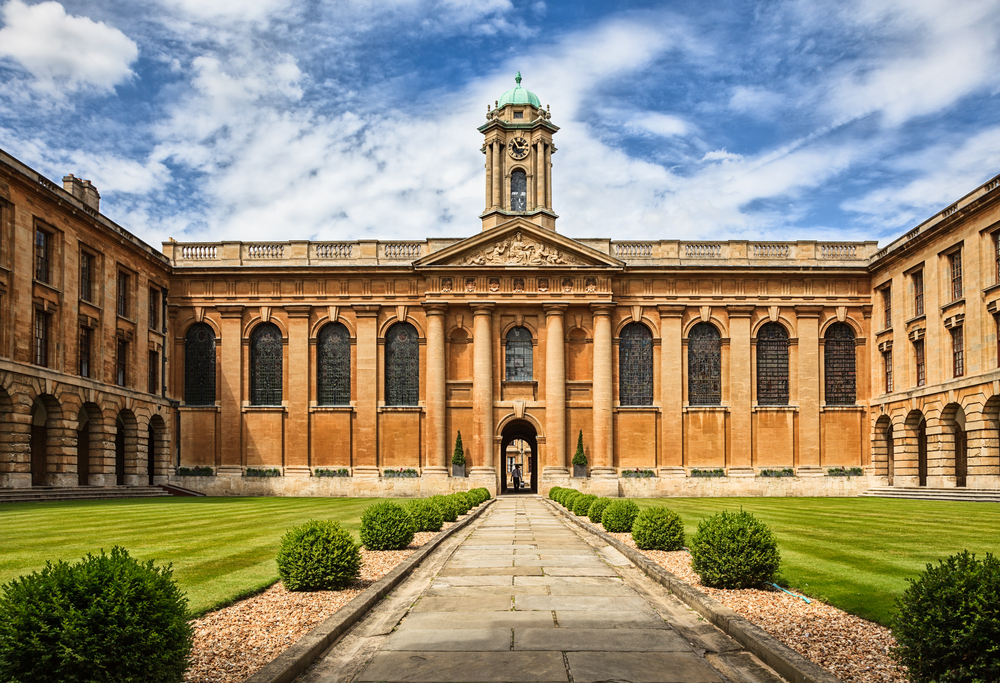NEW DELHI: The United Kingdom is witnessing its worst inflation. The cost of living is increasing faster than at any time in the past 40 years, driven largely by the rising cost of food and fossil fuels. Prices are currently 10% higher than they were 12 months ago.
Energy bills, petrol-diesel prices and the price of food items are increasing rapidly and this increase has further impacted the price of other goods and services. Amid this situation, both British and migrants are witnessing the heat of inflation.
After the pandemic, the UK emerged as a top destination for Indian students to pursue their higher studies but, currently, thousands of Indian students are in the lurch because of increasing inflation. Indian students going to the United Kingdom for higher education almost doubled with 1,08,000 study visas being issued in the year ending March 2022. This is a 93% increase compared to the previous year.
Gaurav Dwivedi, who hails from Banaras, Uttar Pradesh, is in the last days of his Master’s. Currently, he is studying Data Journalism at the University of London. Gaurav stepped on foreign soil last year and according to him, the price of everything has changed after Russia attacked Ukraine.
One of the main expenses which has dented the pockets of Indian students, is rising rents. “London is one of the costliest places to get rented accommodation in the whole of Europe. Earlier, I used to pay 600 pounds a month as rent but after the war, my rent has increased to 850 pounds,” said Gaurav.
Last month, Gaurav lost his part-time job at a bar and currently, he is using his savings to manage his expenses. “The price of food items, oil and gas has increased drastically in the last few months and this has brought the price of other services up,” Gaurav said.
“Earlier, I used to travel on Uber but now I prefer public transport, but the price of the ticket has also increased. I don’t know how I will manage my expenses in the future,” said Gaurav. Gaurav was thinking of enrolling in a new course after his master’s gets completed but now, he is thinking of a break because of increasing inflation. He is thinking of coming back if this crisis continues.
Many Indian students are complaining that inflation has increased but their wages have not increased compared to increasing pieces of goods and services in the market. “I was paid 9.5 pounds for an hour but after the inflation, my wage was increased by 0.5 pounds. This is not enough in a situation where inflation is 10 percent higher,” said Harjeet. Harjeet is living in Bristol and currently, he is pursuing his Master’s in filmmaking from the University of Bristol. Harjeet, who is from Fatehgarh Sahib, Punjab came to the UK in 2019.
“The situation started deteriorating amid the pandemic, people were confined in their homes and economic activity was at a standstill position. Prices increased after the pandemic, but after a year war began and this came as a blow for us,” Harjeet said. But worse is yet to come. According to the inflation forecast, the peak is at 14% this autumn and goes as high as 18% next year. Newly elected Prime Minister Liz Truss has promised to bring down inflation and this was her main poll plank while fighting conservative party elections.
The inflation and downfall of the pound have also impacted the remittances sent by Indian students back home. “When I came to the UK, a pound was at Rs 99, but now it has fallen to Rs 91. This fall has decreased the amount I send back home,” said Harjeet.
Energy bills have become the main concern for people. According to students earlier, they were paying 12-20 pence per unit, but in recent months, it has increased to 70 pence per unit. “Before inflation, my electricity bill was around 50 pounds, but now I pay around 100 pounds a month,” said Harjeet.
Many Indian students work part-time to collect fees for their next semester, but now managing basic expenses have become difficult and their savings are also decreasing. This year, many students were late to pay university fees. According to students, they are asking their parents back in India to send them money to continue their education. Students are opting for expense cuts to manage. “Earlier, I used to go to university by bus, but after the price rise, I bought an old cycle to go to university, which is around 5 miles from my residence,” Harjeet said.
“Milk, vegetables, meat, everything is costly. I am in a situation where my parents are sending money. I have come here to stand on my foot,” Rajesh said. Rajesh is from Delhi and currently, he is studying Data Sciences at the University of Essex. According to him, Indian students are working double shifts to manage their expenses.
“Many of my friends are working double shifts daily. They are working day
and night to collect their college fees, but this arduous lifestyle is directly impacting their studies,” said Rajesh. Indian students are banking on the new Truss regime, but time will tell how the new PM will tackle the deteriorating situation.
इस शब्द का अर्थ जानिये
- Advertisement -

